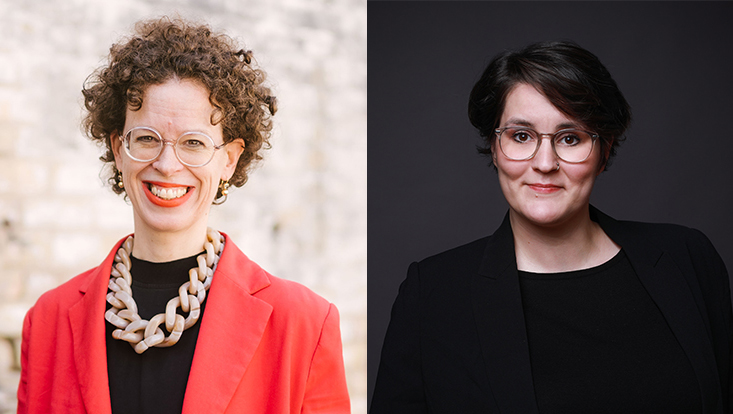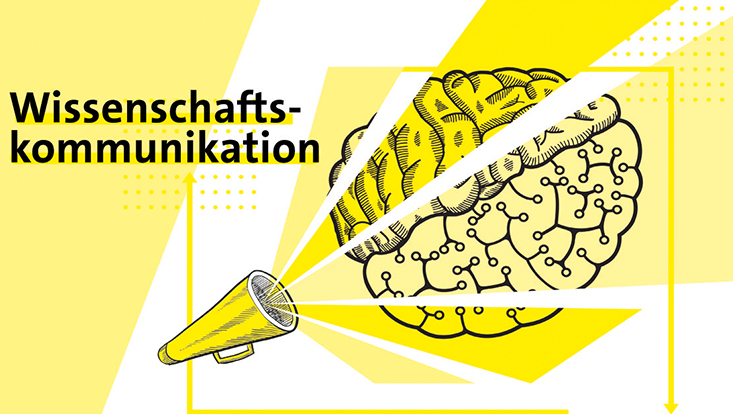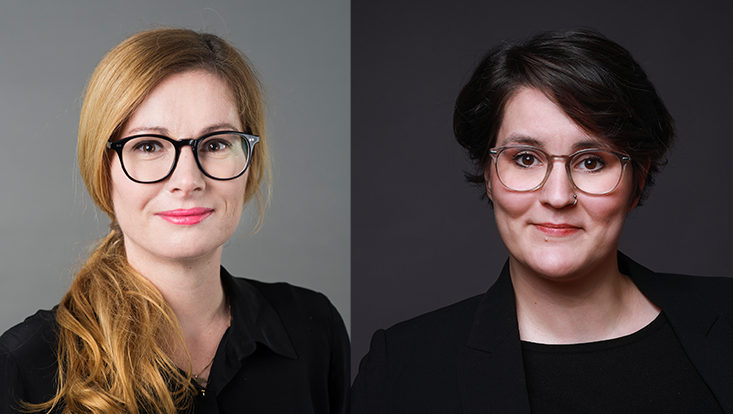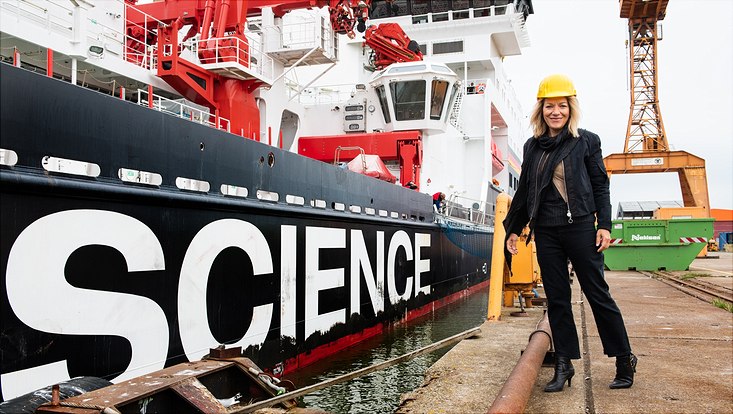Science-communication-friendly culture
“Science is socially relevant, so communicating to the public is simply part of it,” says Molthagen-Schnöring confidently, emphasizing that interacting with the public should be an integral part of scientific work. However, for Molthagen-Schnöring, the hesitation to do so is not always down to researchers: institutions are often skeptical about communication channels that are not part of long-established practice. Therefore, no less than a cultural change at scientific institutions is required according to Molthagen-Schnöring. In an environment where innovative communication ideas are well received and where communication is seen as a desirable part of a researcher’s tasks, spaces with much more freedom for action and experimentation emerge. In Molthagen-Schnöring’s opinion, this change could, for example, begin quite concretely in academic search procedures, where science communication should be a criterion and taken seriously by committees. Together with the topic of knowledge exchange, it is already increasingly finding its way into procedures.
Molthagen-Schnöring can well imagine that this exchange will continue in #FactoryWisskomm. It is important to Molthagen-Schnöring that scientific institutions are not only involved but also held accountable.





